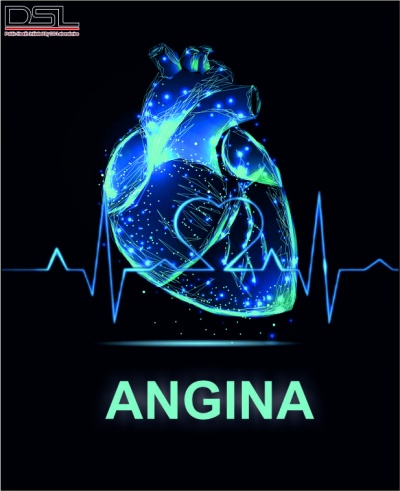


Basic Facts:
Angina is a type of chest pain that occur when there is not enough blood flow to heart.
Angina feels like squeezing, pressure, heaviness, tightness or pain in chest.
Angina generally vanishes quickly but it can be a sign of a life-threatening heart problem.
Types:
There are different types of Angina, such as:
Stable Angina- It occurs when heart is working harder than usual. It has a regular pattern and can be cure with medicine.
Unstable Angina- It does not have any kind of regular pattern and can occur during rest. Unstable angina can indicate the risk of heart attack and it cannot be improved with only medication/rest.
Variant Angina- This is a very rare angina type and it occurs when a spasm occurs in the coronary arteries. Possible triggers include exposure to cold, stress, medicines, smoking, or cocaine use.
Risk Factors:
Some habits and health conditions increase risk of angina, such as:
Anaemia
Diabetes
Tobacco use
High cholesterol
High blood pressure
Family history
Obesity.
Symptoms:
Angina mainly involves any of the below mentioned symptoms-
Chest pain and discomfort
Burning sensations
Heaviness
Pressure on chest
Some other possible symptoms are like:
Dizziness
Indigestion
Nausea
Sweating
Shortness of breath.
Prevention/Treatment:
Treatment of angina depends on its severity. Angina can be prevented by lifestyle changes and treated by medications, angioplasty and stenting, or coronary bypass surgery as per its stage or severity.
References:
https://my.clevelandclinic.org/health/diseases/21489-angina
https://www.medicalnewstoday.com/articles/8886#types
https://www.mayoclinic.org/diseases-conditions/angina/symptoms-causes/syc-20369373
https://www.webmd.com/heart-disease/heart-disease-angina#1